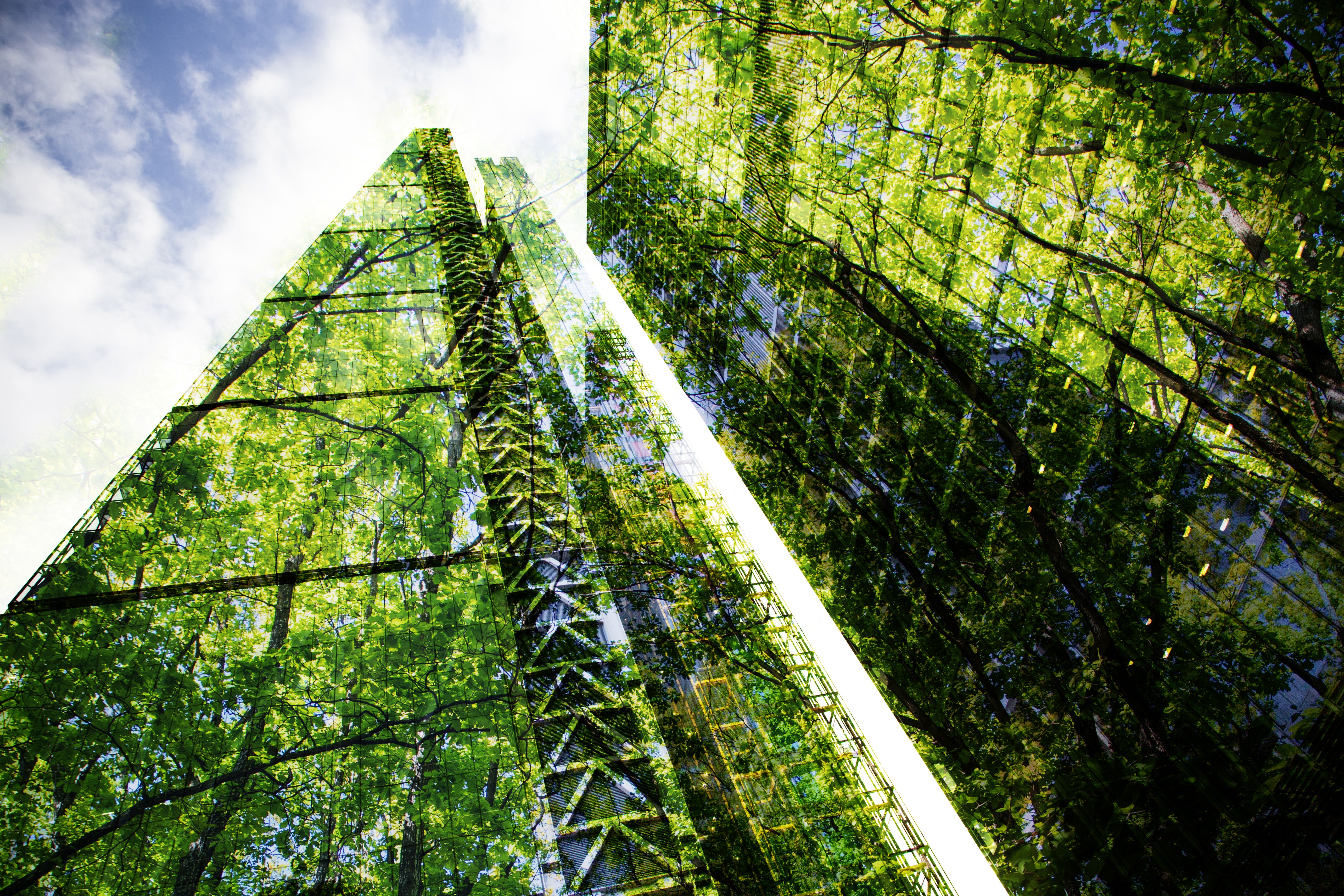Waste-to-Energy: Unlocking Saudi Arabia’s Renewable Energy Future
This shift reflects a global trend: countries around the world are increasingly using WtE as part of their transition to a circular economy. For Saudi Arabia and the wider Middle East, it represents both an environmental necessity and a significant investment opportunity.
The Current Waste Landscape
Saudi Arabia produces more than 50 million tonnes of municipal solid waste annually, with the majority still sent to landfill. This practice is environmentally unsustainable and conflicts with the country’s long-term targets to recycle and recover resources.
By 2035, the Kingdom aims to divert 82% of waste away from landfills. While recycling and composting will play a crucial role, some waste streams cannot be economically recycled. This is where waste-to-energy offers a practical solution, converting residual waste into usable energy instead of burying it.
What is Waste-to-Energy?
Waste-to-energy (WtE) technologies transform non-recyclable waste into usable forms of energy, such as electricity, heat, or fuel. The most common methods include:
-
Incineration with Energy Recovery: Burning waste at high temperatures to produce steam that drives turbines, generating electricity.
-
Gasification & Pyrolysis: Advanced processes that convert waste into syngas, which can be used to produce power or refined into fuels.
-
Anaerobic Digestion: Breaking down organic waste in oxygen-free environments to produce biogas, which can be used for heating or electricity generation.
Each of these methods has a role to play in Saudi Arabia’s waste strategy, depending on the type of waste being processed.
Market Growth in the Middle East
The global WtE market is growing rapidly, and the Middle East is following suit. Industry forecasts suggest that the Middle East waste-to-energy market could exceed USD 2.5 billion by 2030, driven by government initiatives, rising waste volumes, and the push to diversify energy sources.
Saudi Arabia is expected to lead the region, with large-scale WtE projects already announced and more in the pipeline. The government’s willingness to encourage public-private partnerships (PPPs) makes the Kingdom particularly attractive for investors and technology providers.
Benefits of Waste-to-Energy in Saudi Arabia
-
Landfill Diversion – Reduces pressure on landfills and aligns with national diversion targets.
-
Clean Energy Generation – Provides a renewable energy source that contributes to Vision 2030’s target of generating 50% of power from renewables by 2030.
-
Carbon Reduction – Captures energy from waste that would otherwise emit methane in landfills, a greenhouse gas far more potent than CO₂.
-
Economic Diversification – Creates new investment opportunities in renewable energy and circular economy industries.
-
Job Creation – Supports high-skilled roles in technology, engineering, and operations.
Key Projects in Development
Saudi Arabia has already begun advancing waste-to-energy projects, particularly in major cities like Riyadh and Jeddah, where waste volumes are highest. Pilot projects are underway to assess which technologies are most efficient and scalable for local conditions.
International technology providers are partnering with Saudi authorities to bring proven WtE solutions to the Kingdom, adapting them to regional needs such as high organic waste content and hot climate conditions.
Recycling Expo Middle East 2025: WtE in Focus
At Recycling Expo Middle East 2025 in Riyadh, waste-to-energy will be a central theme. The exhibition and conference will bring together:
-
Government officials outlining policy and regulatory frameworks.
-
Technology innovators showcasing the latest WtE systems.
-
Investors and developers exploring PPP models for project delivery.
-
Case studies from global WtE success stories that can be replicated in Saudi Arabia.
From large-scale incineration plants to biogas solutions for organic waste, attendees will see how WtE can fit into the Kingdom’s long-term waste management and renewable energy strategies.
Looking Ahead
Waste-to-energy is not a silver bullet, but it is an essential component of Saudi Arabia’s integrated waste management plan. Alongside recycling, composting, and reduction efforts, it offers a practical way to manage the waste that cannot be otherwise recovered, while generating clean power in the process.
As the Kingdom looks to meet its landfill diversion and renewable energy targets, WtE will play an increasingly important role. The opportunity for international and local businesses to participate is significant — from supplying technology to financing and operating new facilities.
Recycling Expo Middle East 2025 will be the platform where these opportunities are explored, partnerships are formed, and the future of waste-to-energy in Saudi Arabia is shaped.



)
)
)
)
)
)
)
)